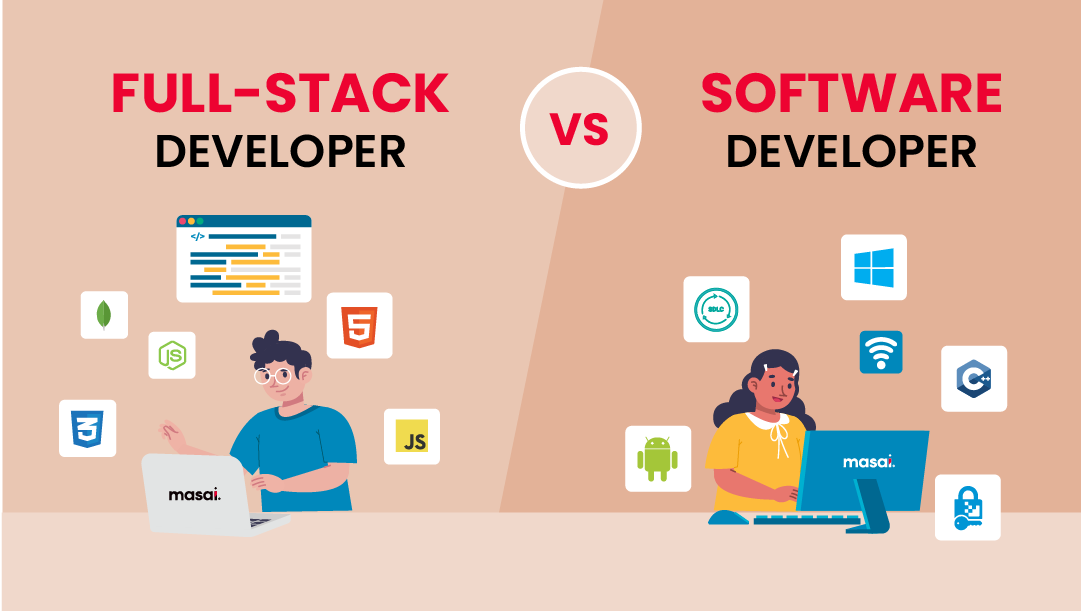Structure Success with a Dedicated Development Team for Your Organization Demands
Structure Success with a Dedicated Development Team for Your Organization Demands
Blog Article
Dedicated Developers vs. In-House Teams: Which Is Right for You?
The choice in between making use of dedicated programmers and keeping an in-house team is a substantial one that can affect the trajectory of your jobs and total business technique. Devoted programmers give a level of versatility and specific proficiency that can be beneficial for certain, temporary campaigns. Conversely, in-house teams add to a cohesive company culture and a nuanced understanding of long-lasting objectives. By checking out important aspects such as spending plan, task scope, and wanted control, you can better figure out which strategy aligns with your business needs. The ramifications of this option prolong beyond instant results-- consider the more comprehensive effect on your business landscape.
Comprehending Devoted Developers
The expanding demand for specialized abilities in the tech industry has actually resulted in the emergence of committed designers as a viable remedy for numerous companies. These experts are generally gotten on a project basis, permitting business to utilize particular knowledge without the lasting commitment linked with full-time hires. Committed developers are usually embedded within a customer's group, offering adaptability and scalability to meet job needs.
This model allows companies to access an international talent swimming pool, which is particularly helpful in a swiftly evolving technological landscape. Committed designers can be sourced from various geographical locations, ensuring that business can discover the appropriate capability at affordable prices. They often bring a riches of experience and understanding, having actually functioned on diverse projects across different markets.
In addition, dedicated developers can focus solely on the tasks available, boosting performance and performance. They are equipped to integrate seamlessly into existing process, working together carefully with internal teams to accomplish job goals. This technique not just minimizes the problem of employment and training however likewise allows companies to stay active, adjusting swiftly to altering market demands and technological developments.
Advantages of In-House Teams

Furthermore, internal groups have a tendency to have a much deeper understanding of the company's objective, worths, and goals. This alignment can enhance staff member engagement and inspiration, as staff member really feel much more attached to their work and the organization's success. In addition, having a committed internal group allows for better placement of strategies and objectives, as these members are consistently concentrated on the business's priorities.
In-house teams additionally promote quicker decision-making procedures, as they can react more quickly to challenges and changes. The established partnerships and experience with company protocols allow for streamlined process and decreased miscommunication. Eventually, the combination of a cohesive society, positioning with business objectives, and effective interaction makes in-house groups an important asset for several organizations, especially those looking to grow long-lasting growth and development.
Expense Considerations
When evaluating price considerations, both in-house teams and specialized developers present unique economic ramifications for companies. Involving committed programmers generally includes a pay-per-project or hourly price design, which can be cost-effective for businesses with fluctuating project demands. This method enables for adaptability in scaling sources up or down, ensuring that firms just pay for the solutions they need.
In comparison, in-house groups require dealt with expenses, consisting of salaries, benefits, and overhead expenses such as office and devices. While this design offers better control and prompt availability of resources, it might bring about higher long-term costs, specifically if the work does not warrant a full-time staff.
Furthermore, companies need to take into consideration the hidden prices related to recruitment and training of internal staff members, which can further strain spending plans. In some instances, the time and resources invested in handling an in-house group can detract from the organization's core service goals.

Job Management and Adaptability
Task administration and flexibility are critical factors that influence the option between internal teams and committed designers. Devoted programmers typically provide a high degree of versatility, enabling organizations to scale resources up or down based on project demands. This dexterity can be especially advantageous for businesses experiencing changing work or those seeking to introduce swiftly. Devoted teams frequently have actually developed procedures for taking care of jobs properly, leveraging details approaches like Agile or Scrum, which help with repetitive progression and adaptability.

Eventually, the option between in-house groups and specialized developers depends upon the wanted degree of versatility and the specific job management requirements. Firms must evaluate their operational characteristics, job intricacy, and resource accessibility to establish which choice aligns ideal with their tactical goals.
Making the Right Option
Choosing the ideal advancement approach-- dedicated developers or internal groups-- calls for a cautious assessment of various variables that align with a business's tactical goals. dedicated development team. Take into consideration the nature of the job. Dedicated programmers might be extra appropriate if it requires specialized skills or a fast scale-up. Conversely, in-house teams can supply much better connection and assimilation with existing personnel.
Next, examine your spending plan. Devoted programmers often present an affordable service for temporary jobs, while internal teams might sustain higher long-lasting expenditures due to incomes, benefits, and expenses prices. Assess the level of control and collaboration wanted; internal groups commonly cultivate more powerful ecommerce website design development communication and alignment with company society.
If prompt outcomes are essential, specialized programmers can be onboarded rapidly, whereas building an internal group takes time for recruitment and training. If continuous growth is vital, spending in an in-house group might generate far better returns over time.
Final Thought
In final thought, the decision between internal teams and dedicated developers hinges on task demands and organizational objectives. Alternatively, internal teams grow a cohesive culture and deeper positioning with long-term objectives.
The decision in between using devoted developers and keeping an in-house team is a significant one that can influence the trajectory of your jobs and overall service technique.Task administration and flexibility are essential aspects check out here that influence the option between internal groups and devoted developers. software development partner.In comparison, in-house groups might stand out in keeping a consistent job monitoring framework due to their experience with the company's culture and lasting objectives. Committed designers usually present a cost-effective option for temporary projects, while internal groups might incur higher long-lasting expenditures due to salaries, benefits, and overhead expenses.In verdict, the choice between devoted programmers and internal groups pivots on task requirements and organizational objectives
Report this page